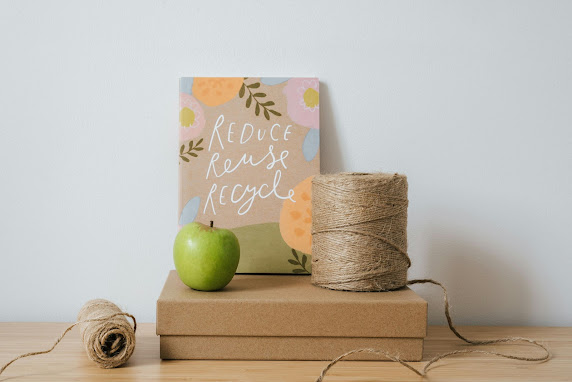Embracing Sustainability: The Power of Reduce, Reuse and Recycle
In a world where environmental concerns are increasingly at the forefront of global conversations, the principles of reduce, reuse and recycle have become more than just buzzwords—they've evolved into essential practices for building a sustainable future. From reducing waste to conserving resources and minimizing our ecological footprint, these three R's offer a roadmap to a more environmentally responsible lifestyle.
Reduce:
The first step on the path to sustainability is reducing consumption. By being mindful of what we use and how much we use, we can significantly decrease the amount of waste generated. This can take many forms, from opting for products with minimal packaging to embracing minimalist lifestyles that prioritize experiences over material possessions.
Reducing consumption isn't just about cutting back—it's also about making smarter choices. Choosing energy-efficient appliances, driving less and opting for reusable alternatives to single-use items are all ways we can minimize our impact on the environment while still enjoying the convenience of modern life.
Reuse:
One person's trash is another person's treasure—or so the saying goes. Embracing the concept of reuse means finding new ways to repurpose items instead of discarding them after a single use. This can be as simple as using cloth shopping bags instead of disposable plastic ones or as creative as upcycling old furniture into something new and functional.
The beauty of reuse lies in its versatility. From DIY projects to community swap meets and online marketplaces, there are countless opportunities to give old items a new lease on life. By extending the lifespan of products and reducing the demand for new resources, we can significantly reduce the environmental impact of our consumption habits.
Recycle:
Recycling is perhaps the most familiar of the three R's, but its importance cannot be overstated. Recycling involves converting waste materials into reusable resources, thereby conserving raw materials, reducing energy consumption, and minimizing pollution.
While recycling programs vary from region to region, common recyclable materials include paper, cardboard, glass, metal and certain types of plastics. By separating recyclables from trash and participating in local recycling initiatives, individuals can play a crucial role in closing the loop on resource consumption and waste disposal.
Conclusion:
The principles of reduce, reuse and recycle offer a blueprint for living more sustainably in an increasingly resource-constrained world. By embracing these practices in our daily lives, we can minimize waste, conserve resources and contribute to a healthier planet for future generations.
Ultimately, sustainability is about more than just individual actions—it's about fostering a collective mindset that values environmental stewardship and responsible consumption. By working together to reduce our ecological footprint, we can create a brighter, more sustainable future for all. So, let's commit to embracing the three R's and making a positive impact on the world around us.



Comments
Post a Comment